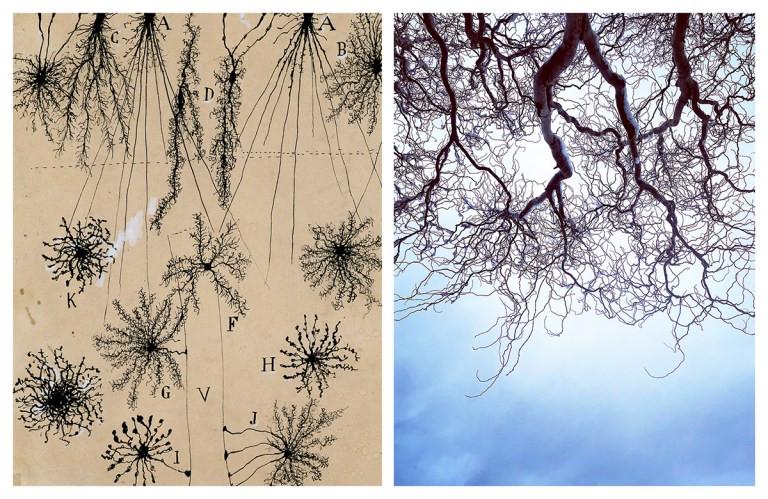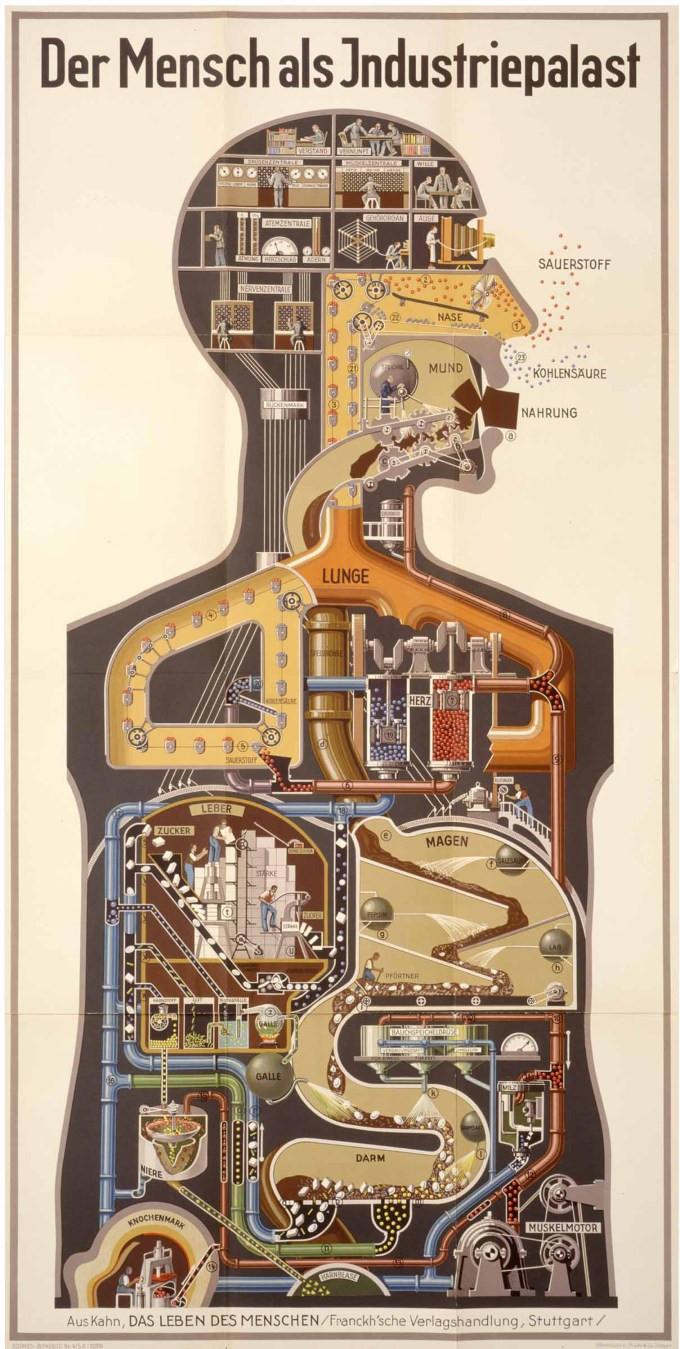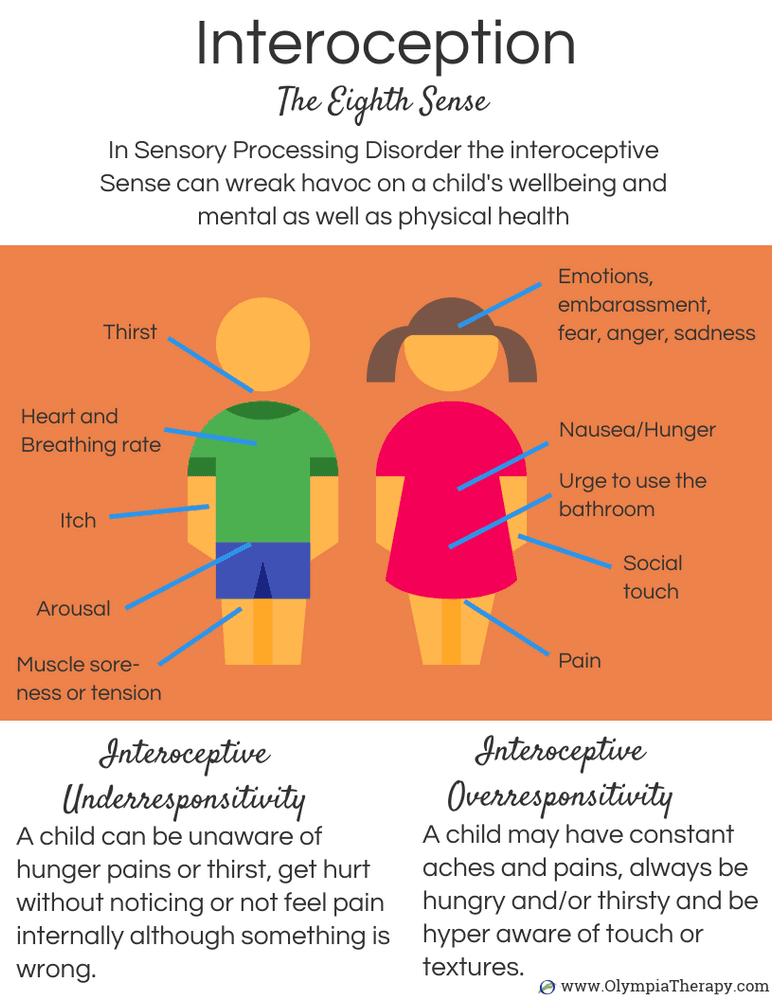The Magpie in the Mind: The Emerging Science of Thinking with the Whole World Beyond the Brain
Curated from: themarginalian.org
Ideas, facts & insights covering these topics:
5 ideas
·337 reads
5
Explore the World's Best Ideas
Join today and uncover 100+ curated journeys from 50+ topics. Unlock access to our mobile app with extensive features.
The Emerging Science of Thinking with the Whole World Beyond the Brain
Thinking outside the brain means skillfully engaging entities external to our heads - the feelings and movements of our bodies, the physical spaces in which we learn and work, and the minds of the other people around us - drawing them into our own mental processes
By reaching beyond the brain to recruit these "extra-neural" resources, we are able to focus more intently, comprehend more deeply, and create more imaginatively - to entertain ideas that would be literally unthinkable by the brain alone
14
94 reads
The Reduction Of The Mind
Even our metaphors for the mind have taken us further and further from our essential nature as creatures shaped by our environment and our interactions with other creatures, dishonouring Rachel Carson's science-rooted poetic insight that "there is in us a deeply seated response to the natural universe, which is part of our humanity."
We left Plato's cave of consciousness and, corralled by Descartes and the Industrial Revolution, reduced the mind to the brain and explained its workings by drawing analogies to the technology of the hour.
11
69 reads
Understanding Mental Processes
Thought happens not only inside the skull but out in the world, too; it’s an act of continuous assembly and reassembly that draws on resources external to the brain.
For another: the kinds of materials available to “think with” affect the nature and quality of the thought that can be produced.
And last: the capacity to think well — that is, to be intelligent — is not a fixed property of the individual but rather a shifting state that is dependent on access to extra-neural resources and the knowledge of how to use them.
13
59 reads
Interoception - Our 8th Sense
One major aspect of this extended mind is our capacity for interoception — an awareness of the internal sensations of the body that gives us a kind of non-conscious knowledge, which we might term intuition but which is rooted in concrete embodied experience and somatic pattern-recognition. We might not detect the signals consciously, but we respond to the information they carry.
12
68 reads
Benefits Of Our Interoceptive Sense
When a potentially relevant pattern is detected, it’s our interoceptive faculty that tips us off: with a shiver or a sigh, a quickening of the breath or a tensing of the muscles. The body is rung like a bell to alert us to this useful and otherwise inaccessible information. Though we typically think of the brain as telling the body what to do, just as much does the body guide the brain with an array of subtle nudges and prods.
Researchers have even captured the body in mid-nudge, as it alerts its inhabitant to the appearance of a pattern that she may not have known she was looking for.
13
47 reads
IDEAS CURATED BY
CURATOR'S NOTE
Our whole body is connected to the universe, and we have reduced it to a machine.
“
Kyron Ito's ideas are part of this journey:
Learn more about religionandspirituality with this collection
Basic survival skills
How to prioritize needs in survival situations
How to adapt to extreme situations
Related collections
Similar ideas
12 ideas
The Brain as a Prediction Machine: The Key to Consciousness?
psychologytoday.com
Read & Learn
20x Faster
without
deepstash
with
deepstash
with
deepstash
Personalized microlearning
—
100+ Learning Journeys
—
Access to 200,000+ ideas
—
Access to the mobile app
—
Unlimited idea saving
—
—
Unlimited history
—
—
Unlimited listening to ideas
—
—
Downloading & offline access
—
—
Supercharge your mind with one idea per day
Enter your email and spend 1 minute every day to learn something new.
I agree to receive email updates




